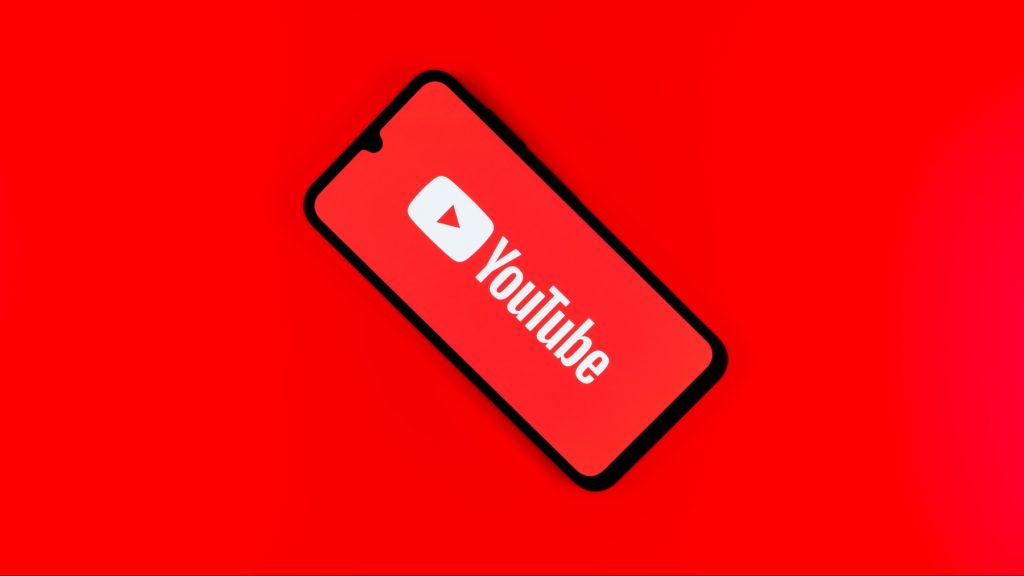
On Monday, the Arkansas state sued YouTube, and its parent company Alphabet, over YouTube dopamine manipulation claims that the platform creates a health risk by addicting youth to their screens and contributing to a mental health crisis.
In a lawsuit filed in state court, it has been maintained that YouTube’s dopamine manipulation breaks Arkansas’ deceptive trade practices and public nuisance law.
Does Watching YouTube Release Dopamine?
According to the complaint, “YouTube is inherently addictive and has caused billions of dollars in state expenditures on mental health services for youth.” Further, the suit claims that “YouTube amplifies harmful material, doses users with dopamine hits and drives youth engagement and advertising revenue,” adding that the recent rise of social media platforms, particularly YouTube, has dramatically sharpened mental health issues among youth.
Following the YouTube dopamine accusations, a spokesperson with Google-parent YouTube said the company is committed to making a safe environment for young users.
“Providing young people with a safer, healthier experience has always been core to our work,” said Jose Castaneda, highlighting collaboration with experts to help create age-appropriate features and parental controls, describing the lawsuit’s claims as “simply not true.”
The video streaming platform requires parental permission for users under 17 and requires accounts for anyone under 13 to be linked with a parental account. What it doesn’t do, on the other hand, is prevent the ability to view all content without having an account, allowing children to bypass any form of age restrictions.
The lawsuit is part of a state and federal legislative effort to address the impacts of dopamine stimulation from YouTube and social media on young people. U.S. Surgeon General Vivek Murthy recently urged Congress to establish warning labels on social media platforms, much like on packs of cigarettes.
The state has also sued TikTok and Meta, the parent company of Facebook over similar allegations that those tech companies brainwashed consumers that their platforms are safe for kids. Those cases remain pending in court. Meanwhile, Arkansas authorized a law that requires parental consent for minors to create social media accounts, but a federal judge has temporarily blocked it.
YouTube, with TikTok, continues to be among the most-preferred places for kids and teenagers, however the YouTube dopamine manipulation is way dangerous, under additional examination for hosting a line of videos that supposedly promotes violence, eating disorders, and self-harm. After being at the receiving end of criticism for different reasons, YouTube in June modified its policies to restrict some firearm-related content to users older than 18 years.
The Arkansas lawsuit claims that YouTube’s algorithms steer young users to harmful adult content and facilitate the distribution of child sexual abuse material. It doesn’t seek specific damages but asks the court to require YouTube to fund “prevention, education, and treatment” related to excessive and problematic use of social media.
Final Thoughts
In a nutshell, the suit against YouTube, filed by the State of Arkansas, raises very critical questions regarding YouTube dopamine manipulation and how this impacts youth mental health. The complaint mentions that such addictive features of the site along with algorithmically generated content might contribute to increased screen time that can deteriorate the mental health of young users.
But insofar as the state says YouTube’s practices run afoul of deceptive trade laws and rack up some very real public health costs, this constant dopamine dialogue around dopamine and YouTube also calls out an urgent need for greater accountability and regulation in the digital space. With continued scrutiny from lawmakers and public health officials, it remains to be seen how platforms like YouTube will begin to address these serious concerns and ensure a safer environment for their youngest users.
Inside Telecom provides you with an extensive list of content covering all aspects of the tech industry. Keep an eye on our Tech sections to stay informed and up-to-date with our daily articles.